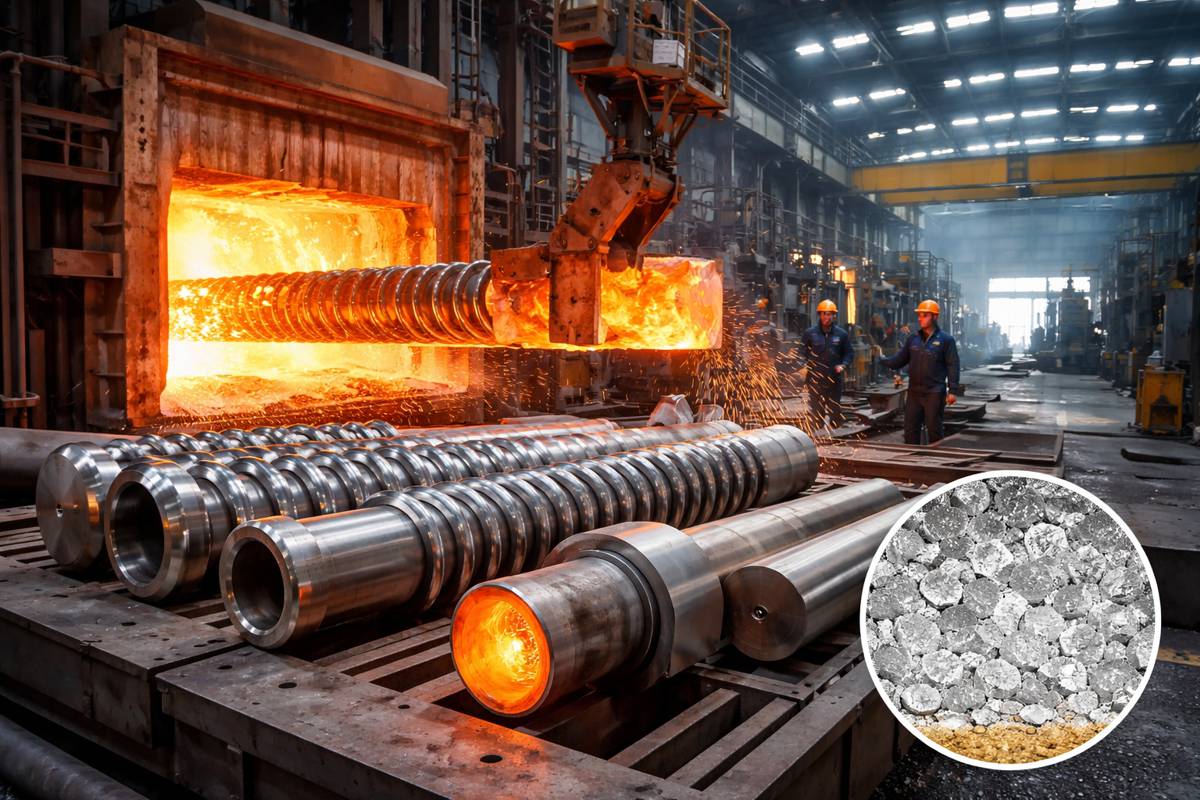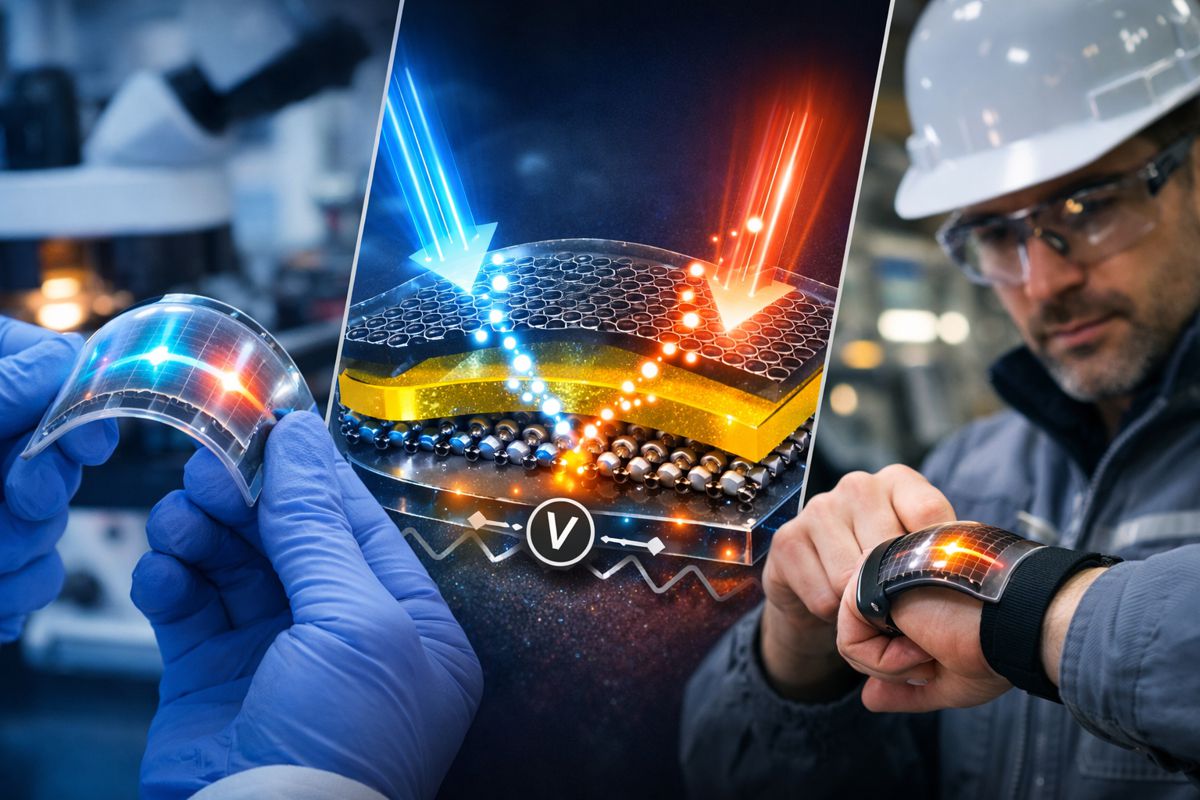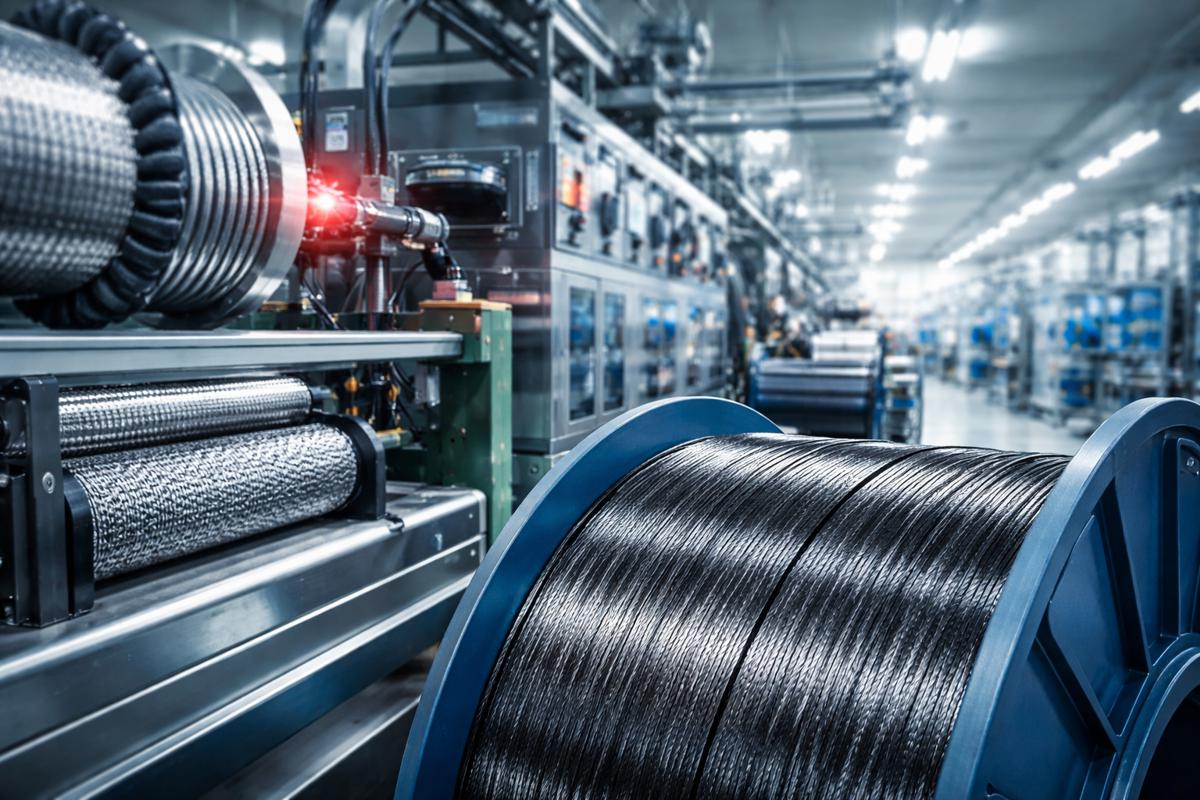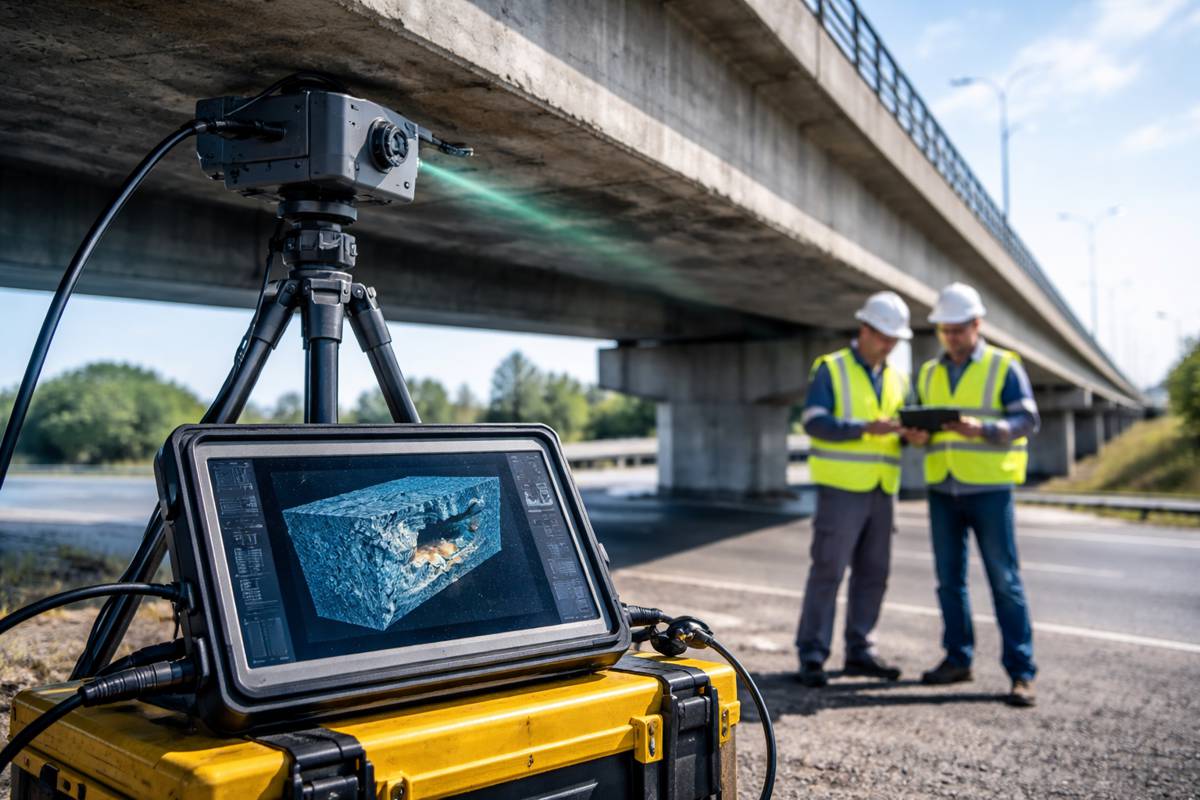Turning old Batteries into new ones with Recycled Materials
Karlsruhe Institute of Technology (KIT) is largely involved in a new battery recycling project. LiBinfinity focuses on a holistic concept for recycling materials of lithium-ion batteries.
A mechanico-hydrometallurgical process without energy-intensive process steps will be transferred from the lab to an industry-relevant scale. KIT will then check whether the recycled materials are suited for the manufacture of new batteries. The Federal Ministry for Economic Affairs and Climate Action (BMWK) funds LiBinfinity with nearly EUR 17 million. Of these, about 1.2 million euros go to KIT.
Sustainability of electric mobility largely depends on the batteries. They contain important resources, such as lithium, cobalt, nickel, and manganese. More than 90% of the materials used in lithium-ion batteries can be recycled. The just started LiBinfinity project, however, goes far beyond and aims to develop a holistic recycling concept for lithium-ion batteries. “When electrifying trucks, batteries will need so much material that recyclates will not suffice for other applications,” says Professor Helmut Ehrenberg, Head of KIT’s Institute for Applied Materials – Energy Storage Systems (IAM-ESS). “Indeed, we will need a closed loop for the batteries proper. This means using the materials of spent batteries for the production of new ones.”
Within LiBinfinity, partners from research and industry will work out an approach that will extend from logistics concepts to the reuse of recycled materials in the life cycle of the battery. The partners will develop a mechanico-hydrometallurgical process without any energy-intensive process steps to reach even higher recycling rates. Materials that cannot be separated mechanically will be split at comparably low temperatures with the help of water and chemicals.
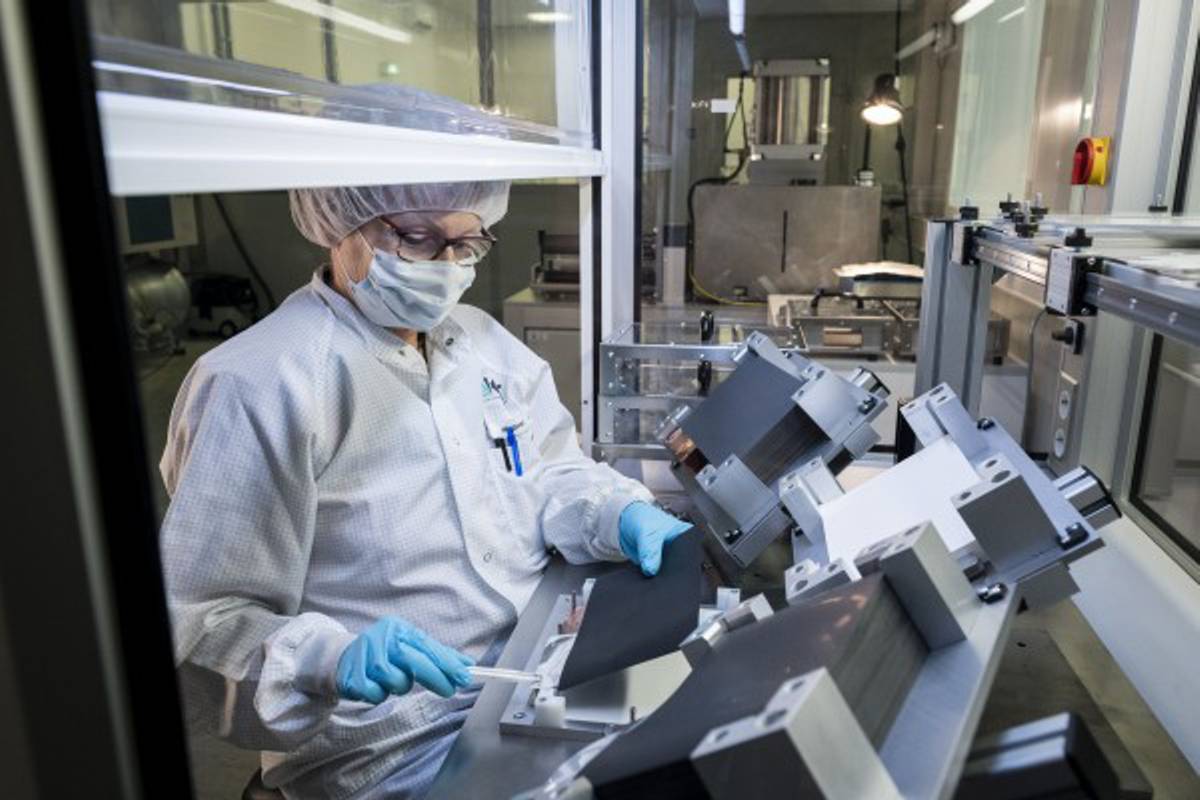
Cathode Materials Must Meet High Requirements
In LiBinfinity, KIT’s task is to check whether the recycled or recovered materials are suited for the manufacture of new batteries. “Such validation is vital, as materials for batteries must meet high requirements,” says Dr. Joachim Binder, Head of the Synthesis and Ceramic Powder Technology Group of IAM-ESS. “This especially applies to cathode materials, as they largely determine the efficiency, reliability, lifetime, and cost of batteries.” KIT is responsible for the following activities in LiBinfinity:
Entry control of recycled materials, synthesis of as new cathode materials, electrode production, manufacture of large-format lithium-ion battery cells of industry quality, cell tests, and evaluation of the battery cells. Based on these studies, requirements on the quality of recycled materials will be defined for their reuse.
A holistic recycling concept for battery materials will not only enhance the ecological, economic, and social sustainability of electric mobility, but also reduce Europe’s dependence on imports of raw materials.
LiBinfinity
The LiBinfinity project is carried out by a consortium under the direction of Licular GmbH, a subsidiary wholly owned by Mercedes-Benz AG. Among the partners of LiBinfinity are KIT, Mercedes-Benz AG, Daimler Truck AG, Primobius GmbH, SMG group GmbH, Clausthal University of Technology, and Technische Universität Berlin. A recycling pilot plant with an annual capacity of 2,500 tons is being built on the Mercedes-Benz site in Kuppenheim.
The Federal Ministry for Economic Affairs and Climate Action (BMWK) funds LiBinfinity with nearly EUR 17 million under its Battery Ecosystem Program. Of these, about 1.2 million euros go to KIT. The LiBinfinity project will help meet the EU battery regulations proposed and currently negotiated by the European Commission.






















